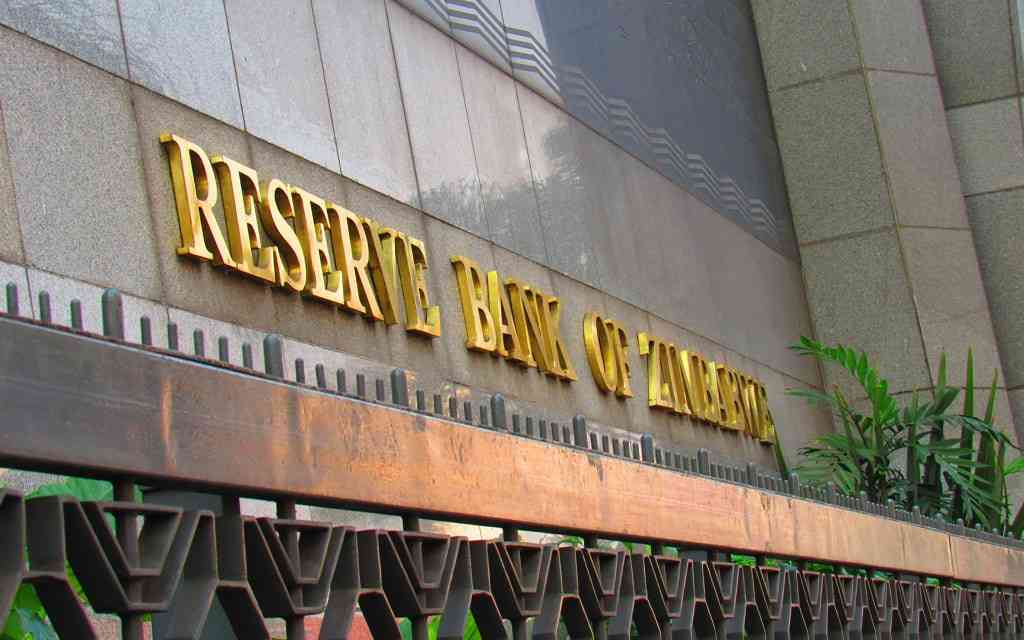
COTTON processor, Cottco Holdings Limited’s newly appointed chief executive officer Priscilla Mutembwa, will today engage Treasury, the central bank and financial institutions to raise US$6,8 million to pay off farmers.
The debt, connected to monies that the cotton processor owed farmers for delivering the crop, arises from delayed to payments to cotton farmers owing unavailability of foreign currency. Earlier this year, the central bank set the export retention threshold for cotton farmers at 85%.
Addressing journalists last Friday during a stakeholders meeting, Cottco’s chief operating officer Munyaradzi Chikasha said financial institutions, Reserve Bank of Zimbabwe and the Finance and Investment Promotion ministry would help them raise the funds.
“For the intake we (have), the total amount that I should say that was due to farmers is US$23,5 million in that region, taking 85% of the US$ component. And to date, we have paid US$16,7 million. So, the balance is what is outstanding, is around US$6,8 million. That is what is outstanding. So, we have paid, of the US$ component, we have paid around 71%,” he said.
“We are working with the financial institutions. Starting Monday [today], she (Mutembwa) is also engaging banks and the Reserve Bank and the Finance minister (Mthuli Ncube) to actually impress on them the dangers of not paying farmers like now. So, we have to pay farmers, so she is working on a plan to engage the banks, to engage the Finance minister, to engage the Reserve Bank to ensure that they get liquidity from the banks.”
He indicated that part of the export proceeds from the 2023 cotton marketing season would be used to raise money to pay off farmers.
“Once we get the export, and I’m sure that should improve the liquidity position of the banks, we will be in a position then to re-utilise part of the proceeds and pay the farmers, so we are working flat out to make sure that we move our products,” Chikasha said.
During the stakeholder engagements, liquidity constraints to timeously pay cotton farmers and providing adequate facilities to support their farming efforts emerged as some of the main challenges faced in the sector.
- Cottco engages Treasury over US$6,8m farmers’ debt
- Cotton cartels prey on Cottco growers
- Cottco calls for presidential input scheme audit
- Govt to ‘punish’ dishonest cotton farmers
Keep Reading
Mutembwa said Cottco gets funds from their own sales, loans and pre-funding support from government.
She indicated that the company’s market share had dropped by 10% and “the only way to make an improvement was by paying farmers on time”.
“Cotton production improved to 90 000 tonnes in the 2022/23 season because of increased hectarage, government support and better payment modalities. The crop is drought (tolerant), and this characteristic of cotton will be key in its resilience in the 2023/24 season,” market research firm Morgan&Co said in its new Food and Agriculture Sector Report 2023/24.
“However, a forecast surplus in the global cotton industry will likely result in the current producer price of US$0,46/kg receding closer to the country’s historic average producer price of US$0.30/kg. Additionally, a post-election reversion to normalcy could result in reduced support to cotton farmers,” the firm noted.











